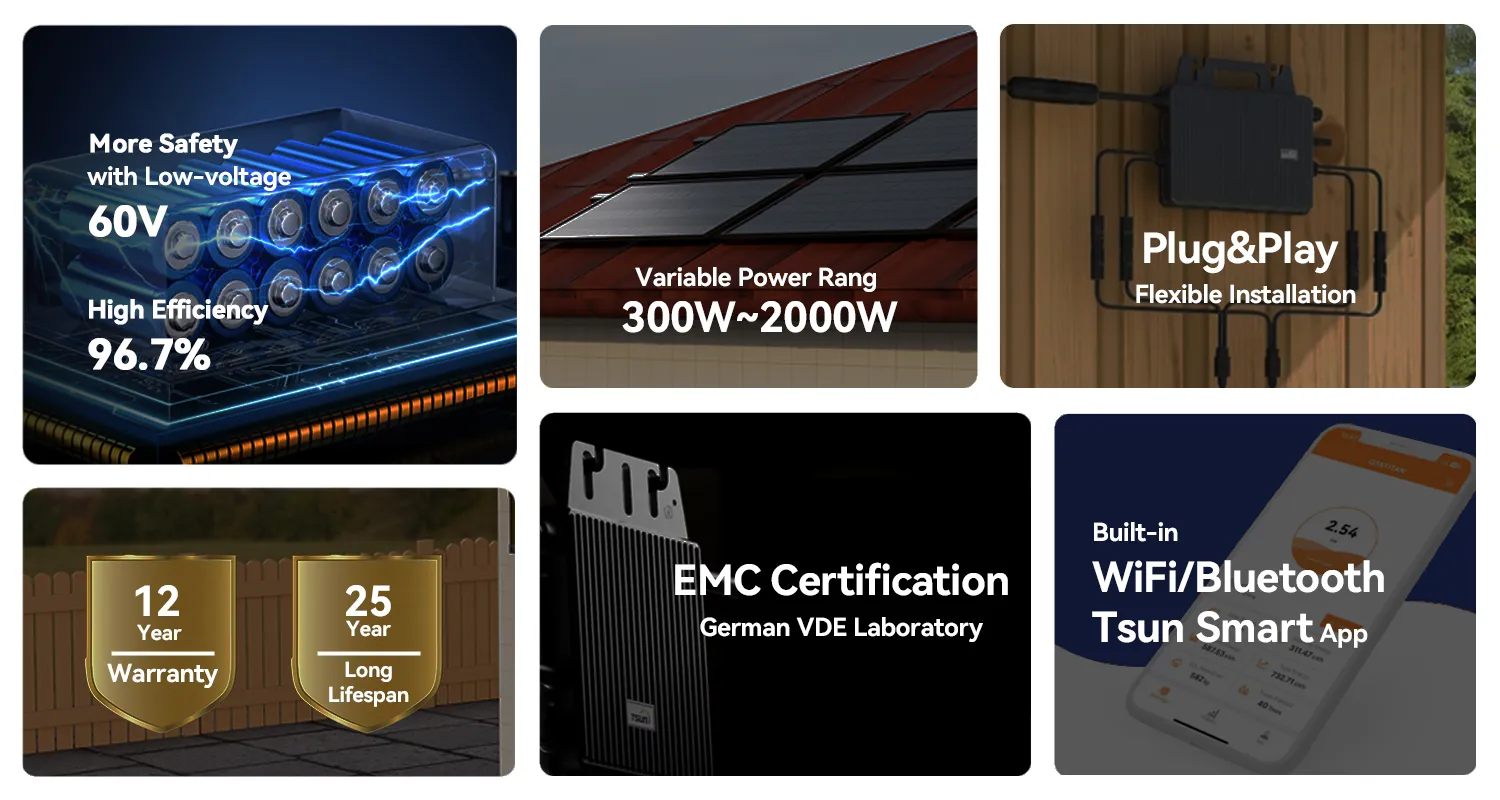Solar energy storage systems have emerged as critical components in the sustainable energy landscape, offering solutions to harness the intermittent nature of solar power. These systems not only enhance the reliability and efficiency of solar energy utilization but also contribute to the steadiness of energy supply in the grid.
Understanding the various types of solar energy storage systems is essential to selecting the right solution for different energy needs.

Lithium-ion batteries currently dominate the field of solar energy storage due to their high energy density, long lifespan, and decreasing costs. They are particularly favored for residential solar installations and small-scale commercial projects. With advancements in technology, lithium-ion batteries now offer enhanced safety features and improved charge-discharge cycles. Their ability to provide a consistent power output makes them suitable for applications requiring reliable energy supply.
Flow batteries represent another innovative approach to solar energy storage. Unlike traditional batteries, flow batteries store energy in liquid electrolytes contained in external tanks. This design allows for easy scalability by increasing the size of the storage tanks. Vanadium redox flow batteries are especially noteworthy due to their long cycle life and capability to maintain capacity over thousands of cycles. Flow batteries are ideal for larger scale applications such as industrial solar installations and utility grids where substantial energy storage is required over extended periods.

Lead-acid batteries, despite being one of the oldest types of rechargeable batteries, remain in use primarily due to their cost-effectiveness and reliability. Though they have lower energy density compared to lithium-ion batteries, lead-acid batteries are still employed in off-grid solar systems and areas where quick system deployment is necessary. Enhanced versions, such as absorbent glass mat (AGM) and gel cell batteries, offer improved performance and safety, catering to niche applications that require moderate storage capacities.
Emerging technologies, such as solid-state batteries, are set to revolutionize the solar energy storage industry. By replacing the liquid or gel electrolytes with solid materials, solid-state batteries promise higher energy densities, improved safety, and longer life cycles. Though still in the developmental phase, these batteries hold the potential to outperform traditional systems, paving the way for more efficient and secure solar energy storage solutions.
discuss solar energy storage systems and explain their types
Pumped hydroelectric storage is a well-established type of solar energy storage, particularly effective in utility-scale applications. This method uses surplus solar energy to pump water from a lower elevation reservoir to a higher elevation. During peak demand or when solar energy is unavailable, the stored water is released to generate electricity. This system offers significant storage capacity and long discharge durations, making it invaluable for stabilizing energy supply across large grids.
Thermal energy storage captures solar energy in the form of heat, using materials such as molten salt or water. Concentrated solar power (CSP) plants commonly use this technique, allowing solar energy to be stored during sunny periods and converted to electricity as needed. This method provides a high degree of efficiency and reliability, making it ideal for areas with abundant sunlight.
Selecting the appropriate solar energy storage system depends on various factors including scale, budget, and specific energy requirements. Each type offers distinct advantages, and advancements in battery technology continue to enhance their performance, safety, and cost-effectiveness. As solar energy adoption grows, the need for robust and reliable storage solutions becomes more critical, underscoring the importance of continued innovation and investment in this field.
Ensuring trustworthiness and reliability in solar energy storage solutions requires careful consideration of suppliers, with attention to their track record and warranties offered. Partnering with established industry leaders, leveraging certified installers, and adhering to industry standards are essential practices for maximizing the benefits and longevity of solar energy storage systems.
 LEARN DETAILS
LEARN DETAILS
 News
News



